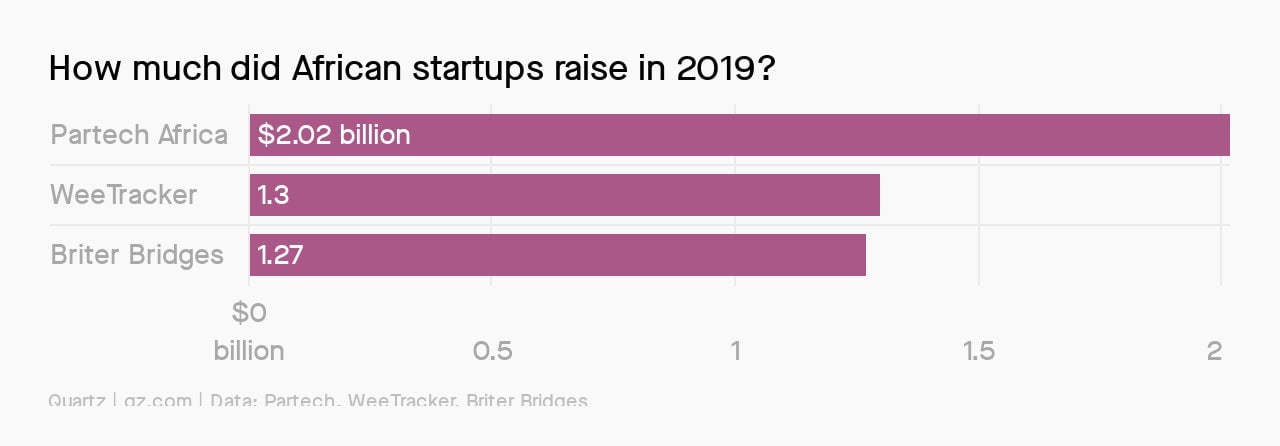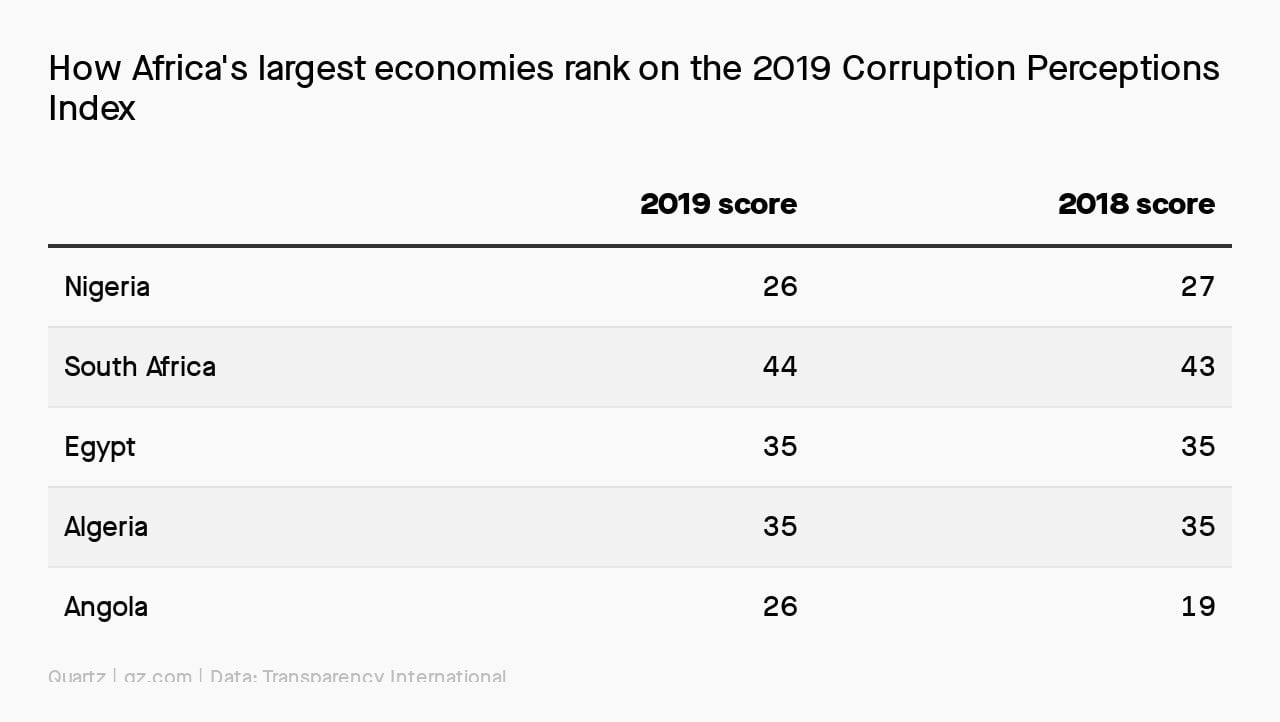Africa vs coronavirus, Lagos’ evictions, Sahel’s art history
Hi, Quartz Africa readers!

Hi, Quartz Africa readers!
Banned
The news the United States added four African countries to its “Travel ban” program has sent shockwaves through diplomatic, trade and immigration communities. The “ban” is in practical terms a series of restrictions which will prevent passport holders of Nigeria and Eritrea from applying for immigrant visas that offer a path to permanent residency, and possibly citizenship. Both countries account for 14% of all green cards issued to Africans. Nationals of Kyrgyzstan and Myanmar will also face similar restrictions.
Citizens of Tanzania and Sudan have been restricted from taking part in the green card visa lottery which is typically available for nationals in countries that have low levels of immigrant populations in the US.
It’s important to note visas for tourists, students, workers and businesspeople are unaffected by these changes.
The Trump administration’s argument is countries affected have had problems with a range of issues from failing to update passport technology to exchanging information sufficiently on terrorism suspects and criminals.
The vagueness of these claims says more about the lack of political lobby clout of the governments and immigrant communities of these countries than it does any true policy vision.
A week earlier Belarus had been on the list briefed to the media but was mysteriously dropped off just before the US secretary of State visited Minsk.
The result is nearly a quarter of Africa’s population is now affected by US visa restrictions. In Nigerians, this latest move targets one of the United States’ most successful immigrant groups. The Nigerian government, which is scrambling to address US concerns, says it wasn’t forewarned but there had been numerous indications more restrictions were likely.
Perhaps what the Buhari government didn’t understand is the citizens of Africa’s largest economy could be used as fodder in the political machinations of US politics. For Trump’s base the idea of a “travel ban” is very popular and there’s an election in nine months.
— Yinka Adegoke, Quartz Africa editor
Five stories from this week
Africa’s risk of coronavirus outbreak from China. With nearly 5,000 students from African countries studying in Hubei province where the capital city of Wuhan has become the ground zero for the deadly virus’ spread, they are uniquely at risk of the outbreak and are now struggling to find food and supplies. Meanwhile Ethiopia, Kenya and Côte d’Ivoire have been dealing with their first suspected cases, writes Alexandria Williams in Nairobi. International airports in Kenya and Ethiopia have introduced mandatory quarantine for travelers from China.
Lagos has banned its most effective methods of transport—including bike-hailing startups. Gaps in transportation systems in Lagos, Nigeria’s commerical capital, have seen commercial motorcycles and tricycles become vital modes of transport for residents. Yet, as Yomi Kazeem reports from Lagos, the state government is pulling the plug on their operations in most parts of the city without any obvious alternatives.
Clayton Christensen taught me patience, showed me love, then gave me confidence and hope. The passing of Harvard Business School professor Clayton Christensen, a stalwart of innovation and management theory, has rocked academia. In a personal tribute, Efosa Ojomo, co-author of the Prosperity Paradox with Christensen, reflects on the professor’s life, work and indelible impact.
Africa’s largest city has a habit of kicking out its poor to make room for the rich. A long history of forced evictions of informal slums was recently added to with demolition of the decades-old Tarkwa Bay waterfront community in Lagos. Despite the obvious implications for the evictees—from loss of property to families splitting up—the Lagos government appears unwavering in its bid to dislodge these communities seemingly to make way for pricey real estate development.
These West African artifacts tell stories of great forgotten empires but also the battle to own Africa’s art. A major new exhibition at New York’s Metropolitan Museum features artifacts from ancient empires of Ghana, Mali, Songhai and Segu among other cultures. But as Joe Penney notes, exhibitions like this also remind visitors of the ongoing debate about how Africa’s historical objects are permanently ensconced in museums across Europe and the United States.
The Dealmaker
Everyone agrees African startup funding is soaring but no one can agree by how much. Every year, annual funding reports offer insight into the state of play of investment across Africa’s tech ecosystems but, in search of the same findings, these reports often reach different conclusions. So far, three reports focused on African startups have shown differing funding totals for last year. Partech Ventures, WeeTracker and Briter Bridges all report funding totals of over $1 billion.

Table of the Week
Africa’s largest economies are still struggling to kick out corruption. The latest edition of the Corruption Perception Index indicts Africa’s biggest economies for the inability to build more transparent systems. It’s a problem that’s prevalent across the continent as well with Sub-Saharan Africa being the lowest-scoring region on the index.

Quartz Membership
Fears of a looming recession have followed the world into 2020. “The structure of the global economy has changed in ways we still don’t understand,” reports Quartz’s Gwynn Guilford. This week’s state of play demystifies the risks facing markets in 2020 and tells you what could be behind the next global crisis.
Other things we liked
What purpose does symbolic decolonization serve? In opening remarks at the 2020 Writers Unlimited International Literature Festival in The Hague, Mukoma wa Ngugi tackled how the current trend to decolonize street names and buildings at home in Africa and in Western countries can at times be only about its symbolism. “Can what we in the West are calling decolonization in philosophical and material terms, really address historical inequalities?”
How Kenya’s new digital ID’s could exclude millions of minorities. Millions of people from Kenya’s ethnic, religious or racial minorities are facing hurdles in their bid to sign up for the government’s Huduma Namba digital identity program, writies Abdi Latif Dahir for the New York Times. “The government is digitizing discrimination,” says one civil rights activist.
ICYMI
Yale Young African Scholars. An intensive academic and enrichment program designed for African secondary school students planning to pursue tertiary education. (Feb 12)
Swedish Institute Management Program Africa. A management and networking program for emerging African leaders from Ethiopia, Kenya, Rwanda, Tanzania, Uganda, Zambia. (Feb. 20)
Keep an eye on
Kenya’s president is expected to sign bilateral trade deal in Washington DC. President Uhuru Kenyatta will in be in the United States next week and will do the rounds at a number of Washington DC think tanks but also get up to Capitol Hill at the invitation of the US Congress. While there Kenyatta is expected to sign a bilateral trade deal which will be a model for other countries under the AGOA pact.
Olin Africa Business Forum 2020, Washington University (Feb. 7-8). The theme of this year’s event is Purpose and Prosperity: Creating Sustainable Impact in Africa. It will open with a keynote speech by former Nigerian president Olusegun Obasanjo and features speakers including Hannah Ryder of Development Reimagined, Judd Devermont of CSIS and Iyinoluwa Aboyeji of FutureAfrica.
*This brief was produced while listening to Ah! Freak Sans Fric by Manu Dibango (Cameroon).
Our best wishes for a productive and ideas-filled year ahead. Please send any news, comments, suggestions, ideas, anti-coronavirus hand sanitizers and tickets to the Met’s Sahel exhibit to [email protected]. You can follow us on Twitter at @qzafrica for updates throughout the day.
If you received this email from a friend or colleague, you can sign up here to receive the Quartz Africa Weekly Brief in your inbox every week. You can also follow Quartz Africa on Facebook.